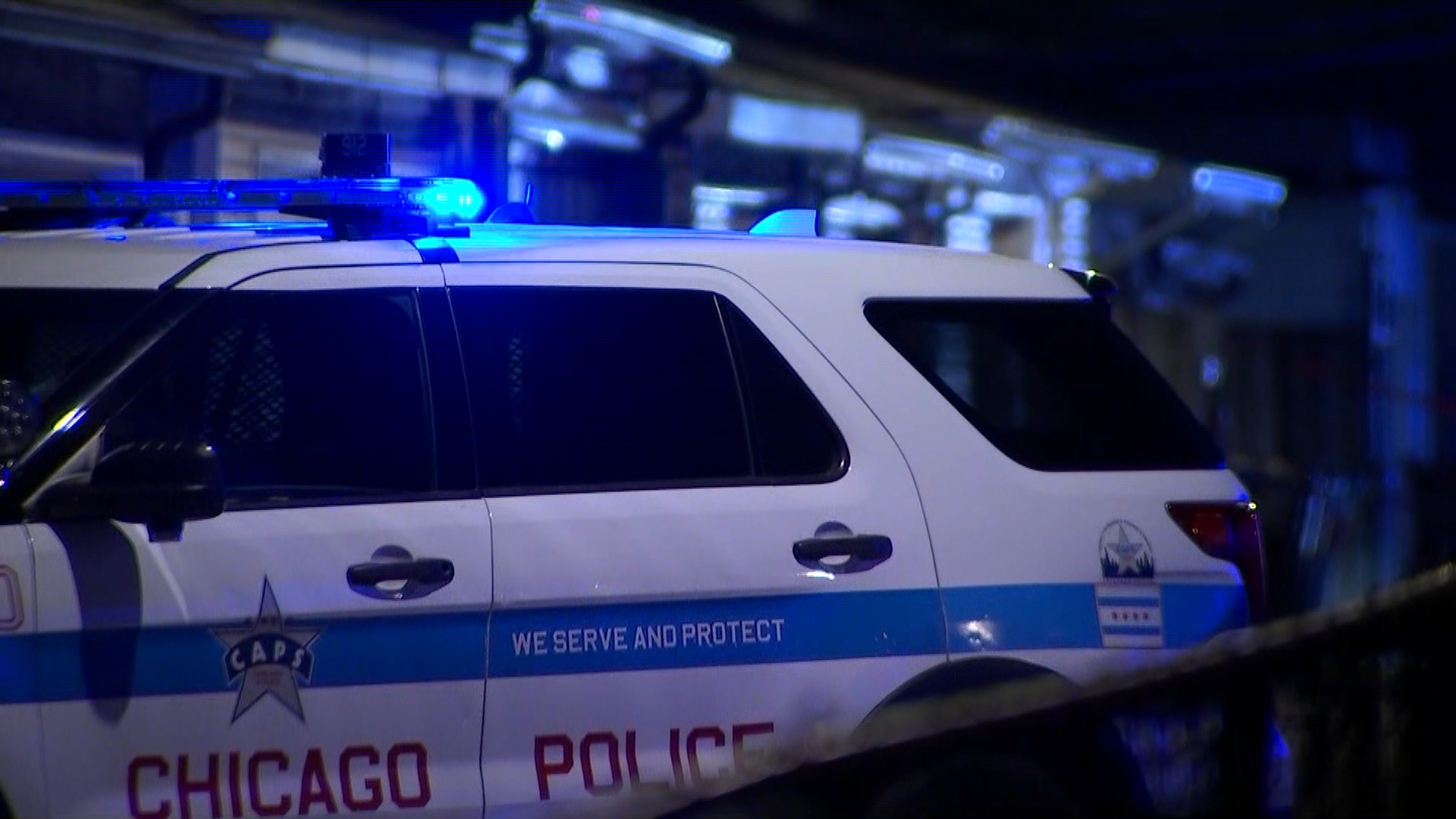The practice of setting cash bail in the state of Illinois is slated to end on Jan. 1 thanks to the "Pretrial Fairness Act" passed by the General Assembly, but what rules will guide whether a defendant is released from custody or not prior to their trials?
While some social media posts have declared that Illinois will soon make crimes like second-degree murder and kidnapping "non-detainable offenses," the reality is that judges and prosecutors will have to meet specific criteria before determining whether or not a criminal defendant will be held in custody prior to their trials.
According to the text of the legislation, defendants will be held in custody if a court rules that they "pose a specific, real and present threat to a person, or have a high likelihood of willful flight" prior to their trial.
Under provisions of the bill, a hearing will be held to determine whether a defendant fits those criteria, and if a court finds that they do, then a judge will be required to submit their reasoning, in writing, in order for the suspect to remain behind bars.
Feeling out of the loop? We'll catch you up on the Chicago news you need to know. Sign up for the weekly Chicago Catch-Up newsletter here.
The nature and circumstances of the charges, the weight of evidence against the defendant, the defendant's criminal history and characteristics will all be weighed during those hearings, according to Illinois officials.
In cases involving petty offenses and most misdemeanors, judges will generally be required to release defendants barring any extenuating circumstances.
For the state to consider pretrial detention, a defendant must be charged with a "forcible felony," one that generally comes with a mandatory prison sentence upon conviction. That list includes first and second-degree murder, predatory criminal sexual assault, robbery, burglary, aggravated arson, kidnapping, aggravated battery resulting in great bodily harm, and any other felony which involves the use or threat of physical force or violence against any individual, according to the text of the bill.
Local
Stalking, domestic battery and most sex-related crimes will also be included on that list.
If the defendant is charged with one of those crimes, or if they show a high likelihood of "willful flight to avoid prosecution," then they can be denied pretrial release.
Previously, judges were able to set bond amounts for most crimes, with defendants required to post 10% of that amount in order to obtain release. Violations of that bond, which could include missing court dates and a variety of other actions, could result in a new arrest warrant being issued.
Many law enforcement officials have argued that the new law isn't clear on what will constitute a violation for a defendant who is released prior to trial.
The Illinois Supreme Court has convened a panel to examine the process of implementing the bill, and will make recommendations for changes prior to Jan. 1, according to NPR.



